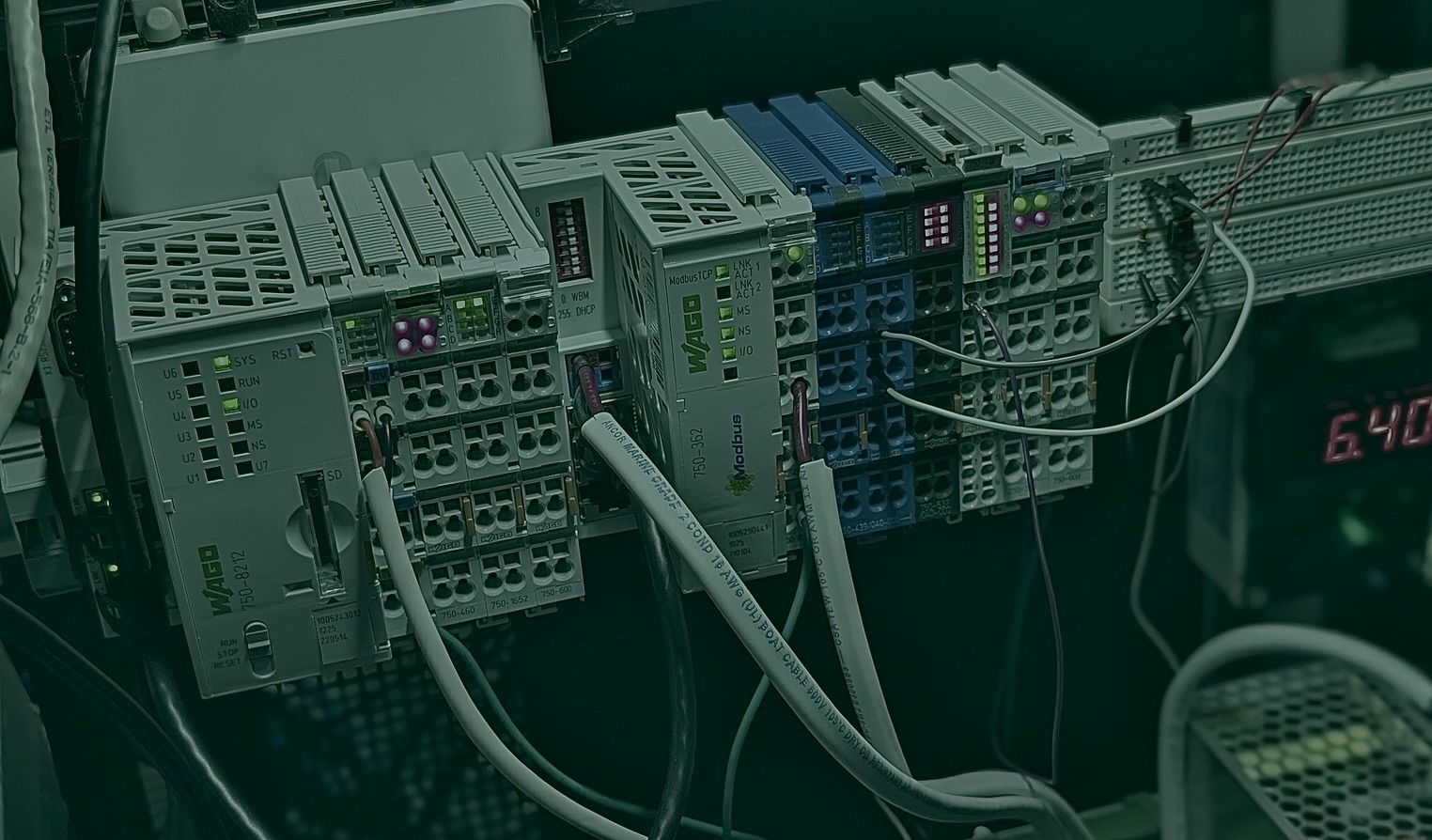Attending the ProveIt! conference has been an insightful experience, not least because of the recurring questions that keep surfacing from companies stopping by our booth. The two most common ones have been:
- Why should someone choose Portainer over just using plain Docker and Docker Compose?
- Why choose Portainer over more established (and "default choice") players in the Industrial IoT space?
These are great questions because they get to the heart of what Portainer offers: practicality, security, and choice.
Question 1: Why Portainer vs Docker CLI and Docker Compose
To answer this, there are three different dimensions that should be considered:
Bridging the Security Gap
Docker revolutionized application deployment, making it easy to package and run software in a predictable way. But out of the box, it has a glaring omission: security. With Docker alone, access control is all or nothing. Either you have complete, unrestricted access to the environment, or you have none at all. That might be fine for a solo developer, but it quickly becomes a liability when working within a team. And in an industrial IoT setting, having no security over your platform is just crazy talk.
The moment multiple people need to interact with the same environment, security becomes a pressing concern. Who can restart a container? Who can pull new images? Who can delete services? Docker lacks the ability to define these permissions, leaving organizations with a difficult choice: either lock everything down which stifles agility, or leave everything open which introduces unacceptable security risks.
Portainer solves this problem by introducing fine-grained access controls. It enables teams to be assigned permissions based on their roles, ensuring that operations can be performed securely without granting excessive privileges. A junior operator might be permitted to restart services but not modify configurations, while a senior engineer can make necessary adjustments. This level of control is essential for enterprises scaling beyond a single developer workstation, particularly in industrial settings where uptime and security are critical.
Managing at Scale Without the Headache
Managing a handful of Docker hosts manually via SSH and updating Docker Compose files might be feasible, but it quickly becomes unmanageable as the number of hosts grows. Logging into machines, executing updates, and ensuring consistency across environments becomes a time-consuming burden. Now, scale that scenario to hundreds or thousands of edge devices spread across different locations, and manual management becomes downright impossible.
Portainer eliminates this operational friction through centralized fleet management. Instead of juggling SSH connections and manually deploying updates, operators can manage all devices from a single interface. Application updates, security patches, and configuration changes can be rolled out to an entire group of devices simultaneously, drastically improving operational efficiency. The more frequently updates are required, the greater the advantage of Portainer's centralized control.
Making Docker Accessible to Everyone
By design, Docker is a tool built for IT professionals. Running containers effectively requires deep familiarity with Linux, networking, storage, and command-line interfaces. This presents a serious challenge in industrial environments, where the individuals responsible for managing these systems are often operational technology (OT) engineers, not Linux specialists.
For industrial engineers, technology must be intuitive and require minimal specialized knowledge. Their primary focus is ensuring critical infrastructure (factory lines, power grids, industrial machinery) remains operational. They cannot afford to spend time debugging containerized applications through complex command-line interfaces.
Portainer bridges this gap by offering an intuitive UI that allows IT generalists and OT engineers to deploy and manage containers without requiring deep expertise in Docker internals. By translating complex container management tasks into a streamlined, user-friendly experience, Portainer smooths out the learning curve and broadens the accessibility of container technology in industrial deployments.
Question 2: Why Portainer vs Established Players
Beyond the question of why Portainer over Docker alone, another common question is why choose Portainer over more established Industrial IoT management platforms? The answer is simple: choice.
Portainer is the Independent Choice
Many established players offer platforms that lock users into a specific ecosystem. They dictate which applications can be run, which hardware must be used, and which container runtime is supported. The trade-off for this convenience is a lack of flexibility—the vendor, not the customer, ultimately controls the environment.
Portainer takes the opposite approach. We believe in customer choice. With Portainer, you decide which Industrial IoT application stack best suits your needs. You select the most appropriate IPC/PLC vendor for your operations. You choose the container runtime; whether that’s Docker, Podman, or Kubernetes. Portainer is also 100% self-hosted, meaning you do not need to hand the "keys to your kingdom" to semi-trusted 3rd party companies and their unknown infrastructure.
Portainer enables organizations to build solutions that fit their unique requirements rather than being forced into a rigid framework dictated by a vendor. This flexibility is essential in industrial settings where proprietary software stacks can lead to vendor lock-in and escalating costs over time.
The Bottom Line
At its core, Portainer is about solving real-world operational challenges. Docker alone provides a powerful foundation but lacks the necessary security, scalability, and usability required for real-world deployments. Portainer fills these gaps, making containerized environments practical, secure, and manageable for teams of all skill levels.
And when compared to other industrial container management platforms, Portainer’s independence and flexibility ensure that customers remain in control of their technology choices rather than being locked into a single-vendor solution.
For companies serious about deploying and managing containerized applications in an enterprise or industrial setting, Portainer isn’t just a convenience; it’s a necessity.
Read more about how Portainer helps in Industrial IoT deployments.




